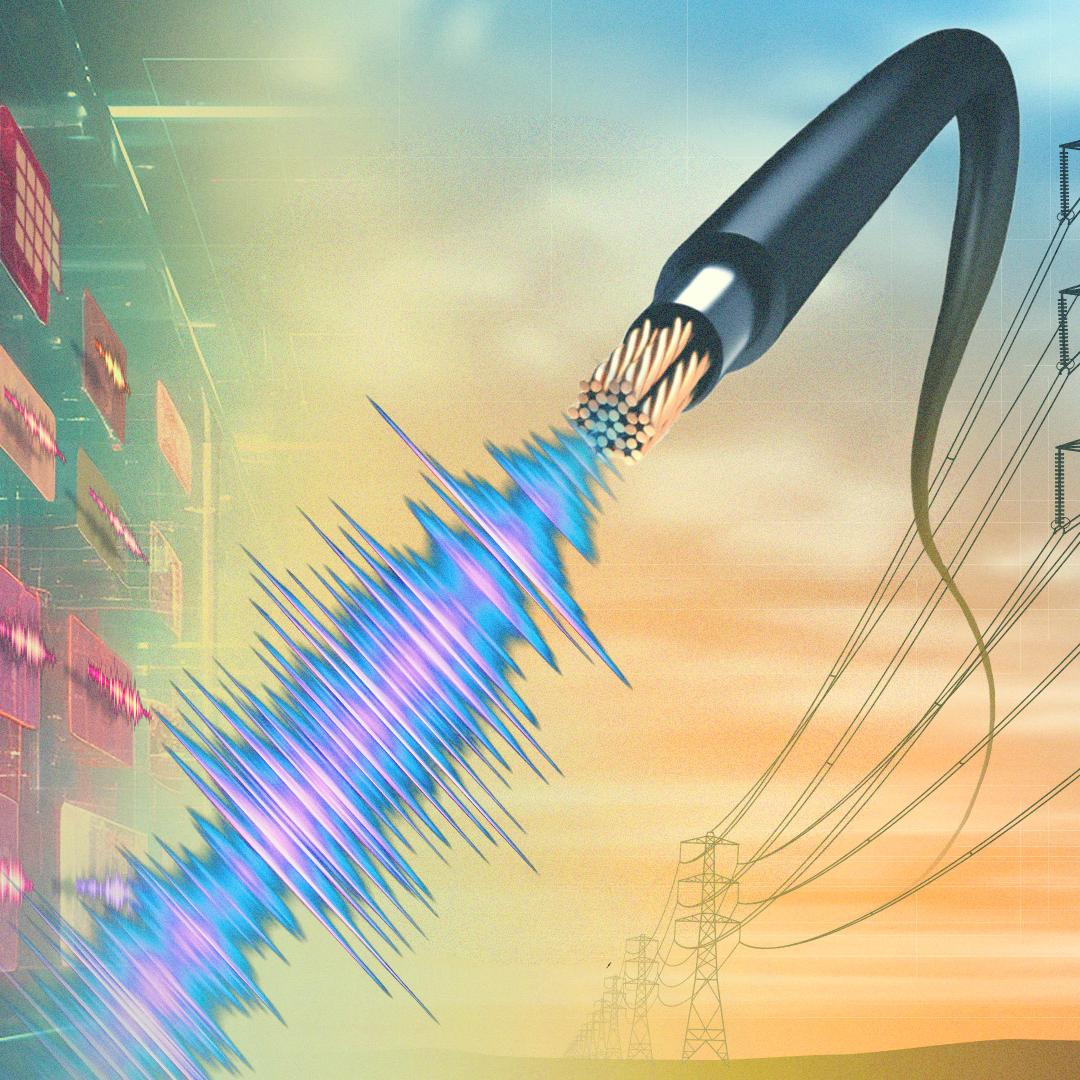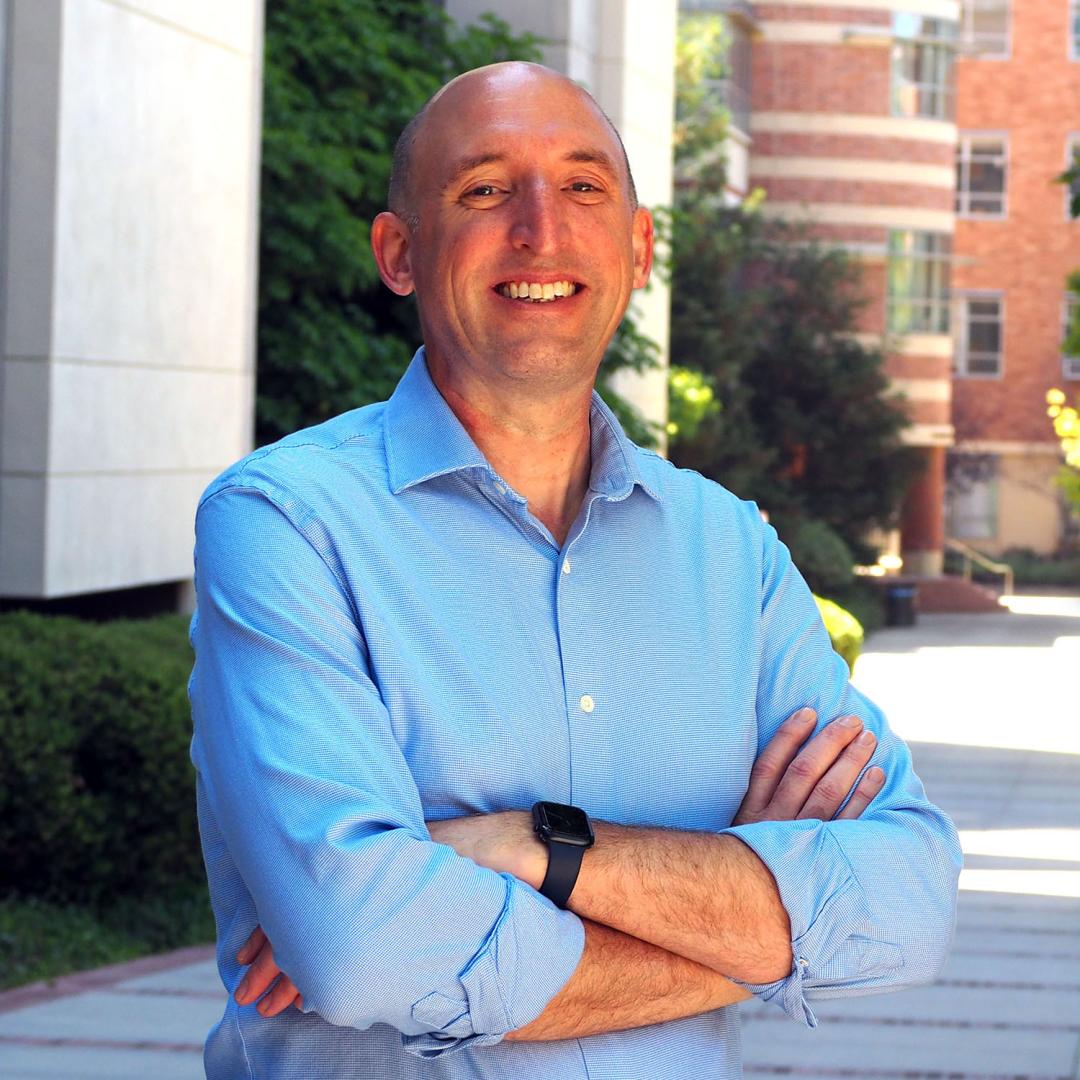
Filter News
Area of Research
News Type
News Topics
- (-) 3-D Printing/Advanced Manufacturing (12)
- (-) Decarbonization (15)
- (-) National Security (16)
- Advanced Reactors (2)
- Artificial Intelligence (4)
- Big Data (6)
- Bioenergy (17)
- Biology (21)
- Biomedical (8)
- Biotechnology (4)
- Buildings (9)
- Chemical Sciences (9)
- Clean Water (6)
- Climate Change (15)
- Composites (2)
- Computer Science (13)
- Coronavirus (6)
- Critical Materials (1)
- Cybersecurity (6)
- Energy Storage (14)
- Environment (37)
- Exascale Computing (3)
- Frontier (3)
- Fusion (7)
- Grid (7)
- High-Performance Computing (9)
- Hydropower (2)
- Isotopes (10)
- ITER (1)
- Machine Learning (5)
- Materials (7)
- Materials Science (12)
- Mathematics (4)
- Mercury (4)
- Microscopy (9)
- Nanotechnology (6)
- Net Zero (2)
- Neutron Science (8)
- Nuclear Energy (15)
- Physics (16)
- Polymers (5)
- Quantum Computing (1)
- Quantum Science (2)
- Security (6)
- Simulation (4)
- Summit (2)
- Sustainable Energy (13)
- Transportation (12)
Media Contacts
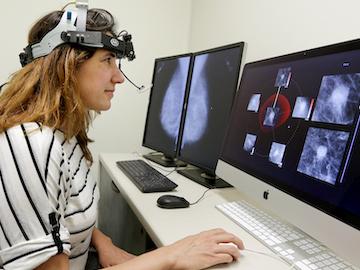
Cameras see the world differently than humans. Resolution, equipment, lighting, distance and atmospheric conditions can impact how a person interprets objects on a photo.
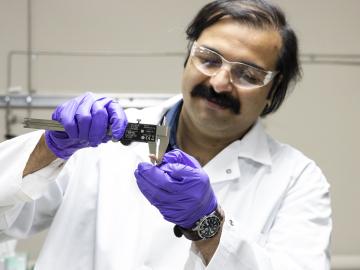
Chemical and environmental engineer Samarthya Bhagia is focused on achieving carbon neutrality and a circular economy by designing new plant-based materials for a range of applications from energy storage devices and sensors to environmentally friendly bioplastics.
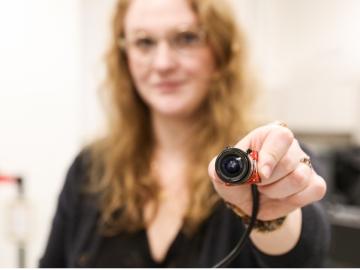
Though Nell Barber wasn’t sure what her future held after graduating with a bachelor’s degree in psychology, she now uses her interest in human behavior to design systems that leverage machine learning algorithms to identify faces in a crowd.
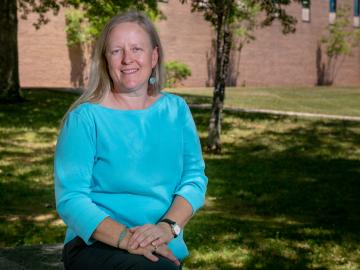
Science has taken Melanie Mayes from Tennessee to the tropics, studying some of the most important ecosystems in the world.
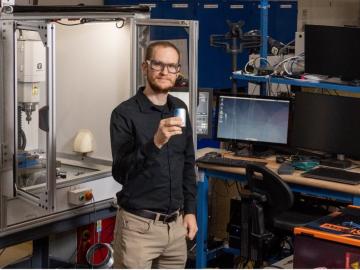
How an Alvin M. Weinberg Fellow is increasing security for critical infrastructure components
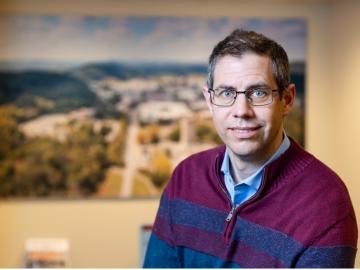
What’s getting Jim Szybist fired up these days? It’s the opportunity to apply his years of alternative fuel combustion and thermodynamics research to the challenge of cleaning up the hard-to-decarbonize, heavy-duty mobility sector — from airplanes to locomotives to ships and massive farm combines.
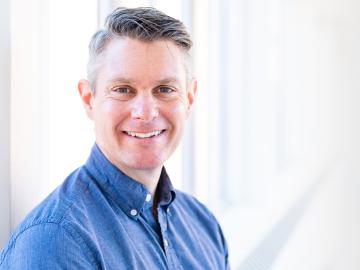
When Andrew Sutton arrived at ORNL in late 2020, he knew the move would be significant in more ways than just a change in location.
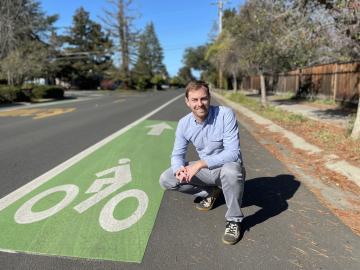
David McCollum is using his interdisciplinary expertise, international networks and boundless enthusiasm to lead Oak Ridge National Laboratory’s contributions to the Net Zero World initiative.
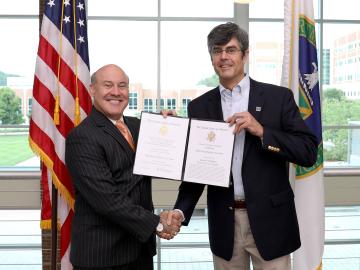
A 25-year career with the U.S. Navy, commanding combat missions overseas, brought Tom Kollie back to where he came from — ready to serve his country in a new way.
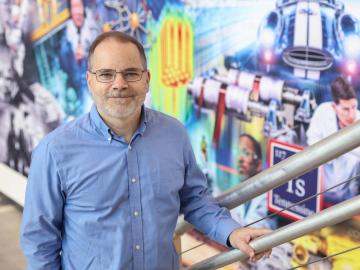
David Sholl has come to the U.S. Department of Energy’s Oak Ridge National Laboratory with a wealth of scientific expertise and a personal mission: hasten the development and deployment of decarbonization solutions for the nation’s energy system.


